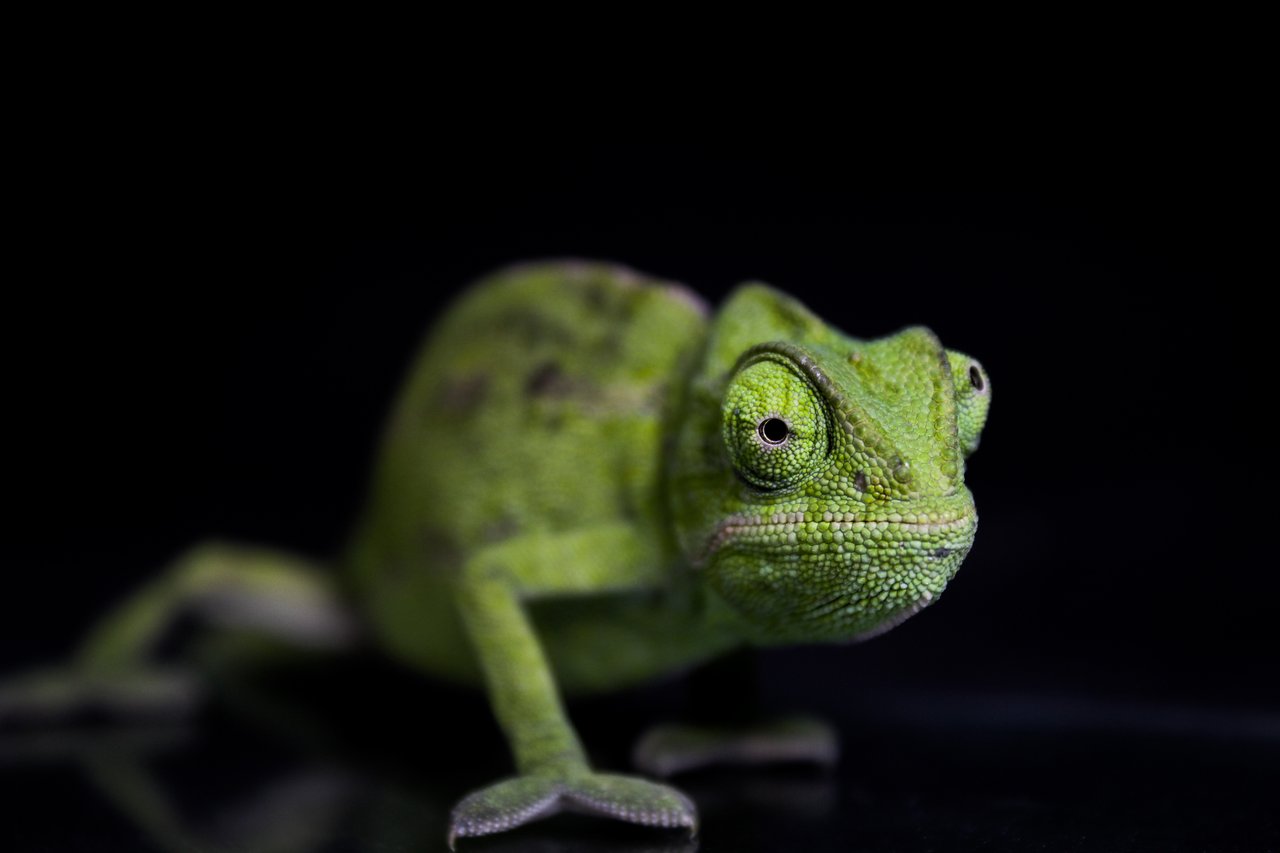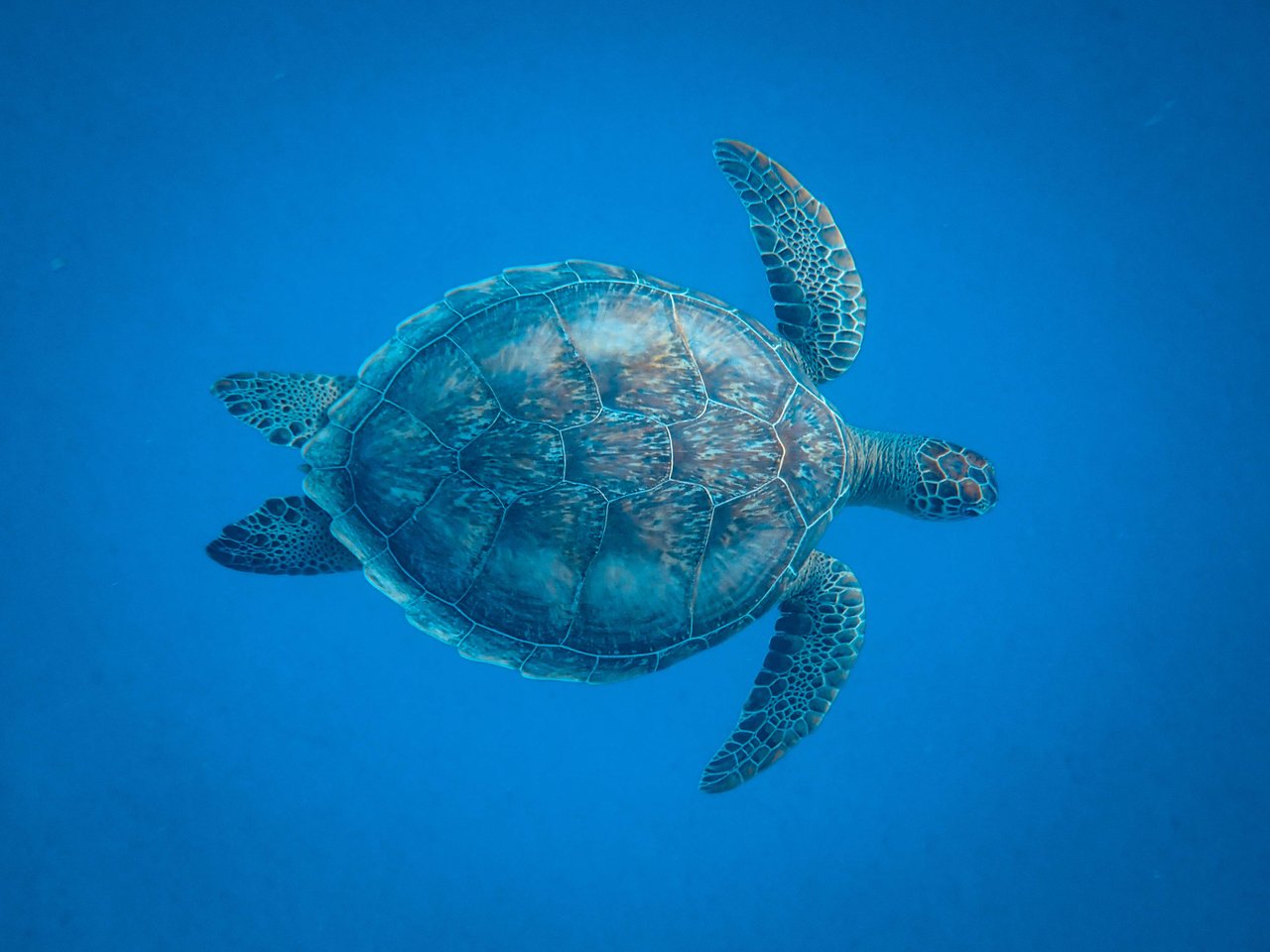You would be surprised to know how many animal species are real close to being completely wiped off the planet - most of them due to man-made problems.
It is deplorable to realise that everyday we are losing more and more. But let us take this as a chance to take a look at all the things we can do that will make a difference. We, humans, tend to forget that we are a part of the food chain, a complexly intertwined wheel that keeps all life on earth running smooth. From the tiniest, microscopic ones to the largest of the species to have ever walked on earth, each one of us has a role to play. And seems that we have alienated ourselves from our duties and responsibilities because of our own reasons that are self-serving and self-seeking.
Well, better late than never. There are still things that we can accomplish if we take it upon ourselves to save these links of the food chain.

First, Let’s Talk About the Biosphere.
The earth’s biosphere is a part where life exists. And this can extend from the deepest trenches of the oceans to the highest mountain tops! Life exists on all these layers — on the ground, in the water, and in the air. The biosphere measures 12 kilometres from the lowest point to the highest point, while all the life that earth supports exists between 0.5 kilometres from below the earth’s surface to 6 kilometres above the mean sea level.
The food chain refers to the sequence of transfer of food and organic energy between all living species that exist on earth. It is the circle of life that should not be broken because all plants and animals are a part of it. But if broken, then the entire ecosystem can become imbalanced. Sometimes, this also leads to some animals disappearing from the food chain. The ones that are on the verge of disappearing are termed "endangered". And hence, it is important that we identify them and work towards regulating the balance in every way that we can.
Facts About Endangered Species:
Did you know several species are vanishing every day? And it is estimated that over 30% of all species will be extinct from the face of the earth by 2050 if we continue living the way we do! One of the major reasons for this is human activities leading to ecosystem loss and global warming. Once the species are said to be endangered, they are only a step from becoming extinct. To date, many thousands of plant species, hundreds of animal and aquatic species, have been wiped out. But there is hope. Once we narrow down the reason for the endangerment of the species, a rebound is possible when conservation efforts are put in place.
What Can You Do to Protect Them?

- Donate to organisations that help in the conservation of endangered species
As a group of eco-conscious individuals, these organisations work towards the health, well-being, and psychological wellness of the animals. Some activities that these organisations undertake include rescue, rehabilitation, and release of endangered animals, counter-poaching initiatives, reducing animal trafficking, and managing human-animal conflict. Here are some organisations that you can donate to:
The pesticides and herbicides that you use in your gardens can have a direct or indirect impact on your surrounding environment. These include pesticide spray drift, secondary poisoning, and contamination of groundwater, which can lead to eventual contamination of local water bodies. The effects of this include, but are not limited to, insects, birds, small mammals, and aquatic organisms that are a part of a larger food chain. Adopting green practices in your yard will help the species in your surroundings survive.
- Plant and care for native plants
Native plants attract native butterflies, birds, and honeybees that help pollinate your plants. Having exotic plants at home will, over a period of time, result in a decline in native populations and give rise to invasive (non-native) species. Now, this may not always be a bad thing, but the more the number of native plant species, the more the support for the local wildlife and pollinators.
- Turn to environment-friendly transportation
One good thing that came out of the COVID-19 pandemic is people have started staying mostly indoors. And that eventually leads to less burning of fuel and reduced air pollution. But as things get back to normal, let us pledge we will consider more environmentally friendly options. Think if you can just walk to the nearby store? Or ride a bicycle? Or take a public or shared transportation? And if you do need to use a motorised vehicle, make sure you learn all about fuel efficiency techniques as a way to minimise air and sound pollution.
- Become an eco-conscious shopper
Start reading the labels as you shop. Look out for earth-friendly seals like Energy Star on appliances, electronics, and lightbulbs, TransFair on food items, Rainforest Alliance Certificate, Green Seal, and more. Moreover, start prioritising items that are reusable. And last, opt for sustainable and recycled items.
- Reduce the consumption of palm oil
We all consume more palm oil than we can imagine. It is everywhere. From the food we eat to the personal hygiene products that we use. So even if you are not actively using it, you are consuming it in one way or another. Palm oil plantations cover millions of hectares of the Earth's surface. And with an increase in demand for this oil, more areas are cleared to make more of the product. Since 2000, industrial palm oil has resulted in 2.3% of global deforestation. As a mindful consumer, look for RSPO certified sustainable palm oil when you go shopping the next time.
The benefits of using less paper cannot be ignored. Did you know 1 metric ton of paper is worth almost 17 trees, over 25,000 litres of water, and almost 4,000 kilowatts of power? And paper amounts to almost 25% of waste. Our mindless use of paper leads to an increased demand for paper, which leads to massive scales of deforestation. Using less paper not only ensures that you use the earth’s resources fairly, but it also leads to less cutting of the forests, reduced energy consumption, and limits air and water pollution. Going almost paperless is totally possible, thanks to the modern paperless technologies.
- Keep your surroundings litter-free
Endangered animal species may not always be at some far-away locations. In fact, in your very own community could many species that may be on the verge of extinction. Trash like yard waste, plastic bags, cardboard boxes, glass, and soda cans that are lying on the streets can injure or even kill the animals in the area. In an attempt to educate others, you can organise recycling drives and litter cleanups in your area.
You may think that the animals around you are not endangered, and maybe that is the case. But just because you do not live near the ones that are does not mean your activities cannot harm them. One way of protecting endangered species is by making sure that you practice smarter and responsible garbage disposal. Hazardous substances like used batteries, paint thinner, and furniture polish can pollute the land and water and can lead to endangerment of wildlife.
71% of the earth’s surface is covered in water, yes. But only 3% of that is fresh water and is fit for consumption. Given such a small percentage of water available, it only makes sense that we use it wisely. But how does that help protect the endangered animal species? Well, by diverting less water to our households, we can ensure that there is more available to others who share this beautiful planet with us.
- Speak up and encourage others
Congratulations to you for being environmentally conscious. With all this newfound knowledge, it is time that you speak up and encourage others to follow more sustainable practices. Go on your social media and raise awareness! Promote organisations that are doing their part to help the endangered animal species. You never know, a little effort on your part could bring back animal species that are on the verge of extinction.
The human-caused decline in many animal species results from activities like inbreeding, contamination, pollution, poaching, and deforestation among many others. We, humans, are better informed, we have better resources. It is time we get involved!